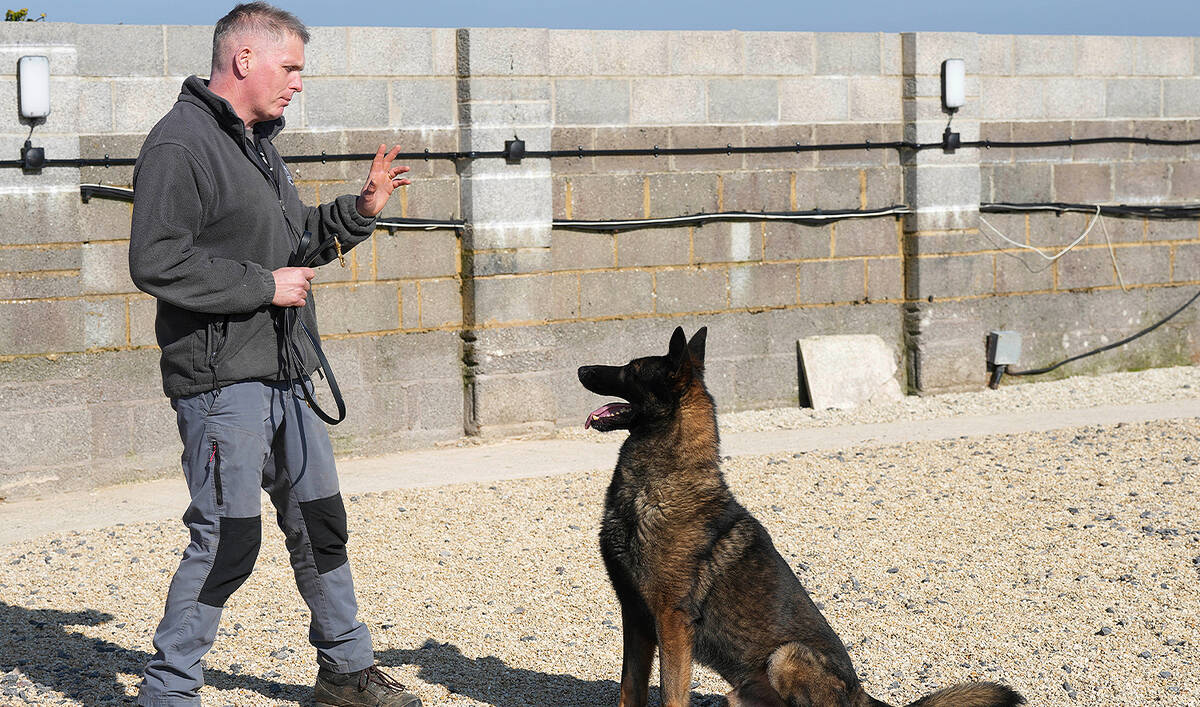LIMA, Peru: Chinese President Xi Jinping on Saturday vowed to work with the incoming US administration of President-elect Donald Trump as he held his final talks with outgoing President Joe Biden on key conflicts from cybercrime to trade, Taiwan and Russia.
Biden met Xi at a hotel where the Chinese leader was staying, on the sidelines of the Asia-Pacific Economic Cooperation forum in Lima, Peru, for their first talks in seven months.
“China’s goal of a stable, healthy and sustainable China-US relationship remains unchanged,” following the election, Xi said, acknowledging “ups and downs” between the countries.
“China is ready to work with the new US administration to maintain communication, expand cooperation and manage differences,” he added.
Biden told Xi that the two leaders haven’t always agreed but their discussions have been “frank” and “candid.”

US President Joe Biden speaks during a bilateral meeting with China's President Xi Jinping on the sidelines of the APEC Summit in Lima, Peru, on Nov. 16, 2024. (REUTERS)
The talks come two months before Trump assumes office. He has vowed to adopt blanket 60 percent tariffs on US imports of Chinese goods as part of a package of “America First” trade measures. Beijing opposes those steps. The Republican president-elect also plans to hire several hawkish voices on China in senior roles, including US Senator Marco Rubio as secretary of state and Representative Mike Waltz as national security adviser.
Biden has aimed to lower tensions with China, but Washington is incensed by a recent China-linked hack of the telephone communications of US government and presidential campaign officials, and it is anxious about increasing pressure by Beijing on Taiwan and Chinese support for Russia.
Taiwan President Lai Ching-te is planning to stop in the US state of Hawaii and maybe Guam on a sensitive visit that is sure to anger Beijing in the coming weeks, Reuters reported on Friday. Meanwhile, Taiwan’s former economy minister Lin Hsin-i met Biden at the summit on Friday and invited him to visit Taiwan in the near future.
China views democratically governed Taiwan as its own territory. The US is Taiwan’s most important international backer and arms supplier, despite the lack of formal diplomatic recognition.
Biden also wants China’s help with North Korea, whose deepening ties with Russia and deployment of troops in the war with Ukraine has worried Washington.
China’s economic hit
At the same time, Beijing’s economy is taking a stiff hit from Biden’s steps on trade, including a plan to restrict US investment in Chinese artificial intelligence, quantum computing and semiconductors and export restrictions on high-end computer chips. All of those topics are expected to figure into the talks, US officials said.
China routinely denies US hacking allegations, regards Taiwan as internal matter and has protested American statements on Sino-Russian trade. A spokesperson for the Chinese Embassy in Washington declined to comment.
“When the two countries treat each other as partner and friend, seek common ground while shelving differences and help each other succeed, our relationship would make considerable progress,” Xi said as he met with Biden, according to a simultaneous translation.
“But if we take each other as rivals or adversary, pursue vicious competition, and seek to hurt each other, we would roil the relationship or even set it back.”
On Wednesday, Biden national security adviser Jake Sullivan described the transition as “a time when competitors and adversaries can see possibly opportunity.” Biden is stressing with Xi the “need to maintain stability, clarity, predictability through this transition between the United States and China.”
Shen Dingli, a Shanghai-based international relations scholar, said China wants the meeting to ease tensions during the transition period. “China definitely does not want relations with the United States to be thrown into turmoil before Trump formally takes office,” said Shen.
Pacific Rim leaders gathered at the APEC summit are assessing the implications of Trump’s return to power as US president on Jan. 20. The South American summit offers new signs of the challenges to the United States’ power in its own backyard, where China is on a charm offensive.
Xi, who arrived in Lima on Thursday, plans a week-long diplomatic blitz in Latin America that includes a refurbished free-trade agreement with Peru, inaugurating the massive Chancay deep-water port there and being welcomed in Brazil’s capital next week for a state visit. China also announced plans to host the APEC summit in 2026.
China is seeking Latin America’s metal ores, soybeans, and other commodities, but US officials worry they may also be looking for new US-adjacent military and intelligence outposts. Chinese state-backed media has called those accusations a smear.
A US official said Washington’s commitment to the region was strong and that Chinese infrastructure investment overseas has declined in recent years due to domestic challenges and problems with the projects.
But Ryan Berg, director of the Americas Program at the Center for Strategic and International Studies, a Washington think tank, said Xi would meet with a good reception in the region.
“Biden’s trip will be overshadowed very clearly by all of the things that Xi Jinping will be up to when he visits APEC,” he said. “When Xi meets with Biden part of his audience is not – it’s not solely the White House or the US government. It’s about American CEOs and continued US investment or trying to renew US investment in China and get rid of the perception that there’s a hostile business environment in China.”


























